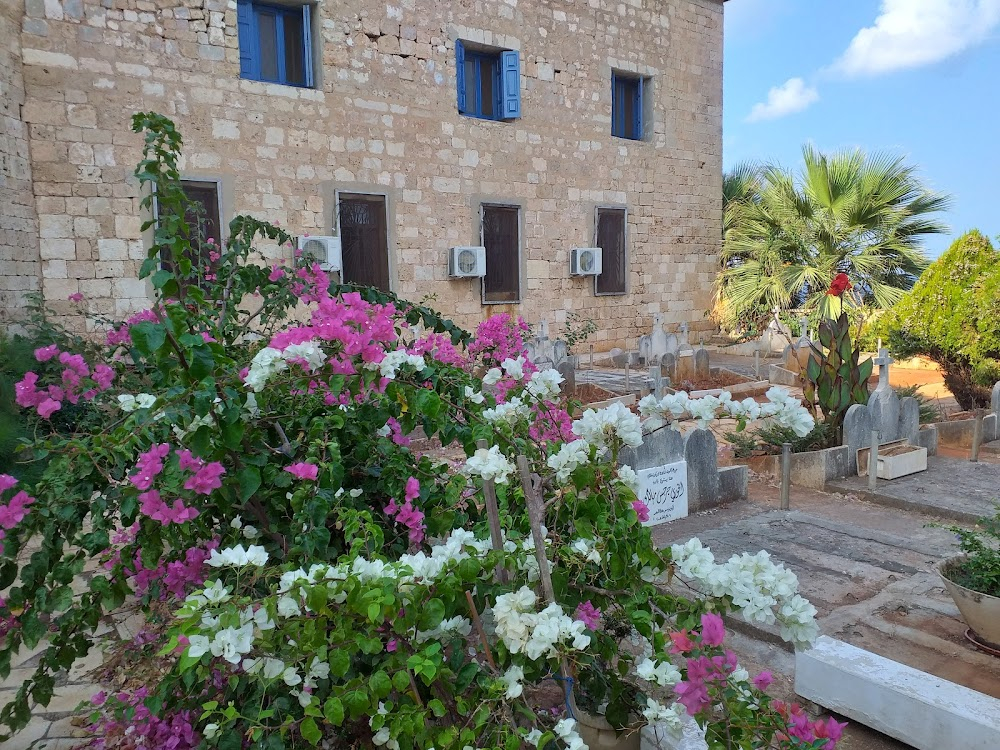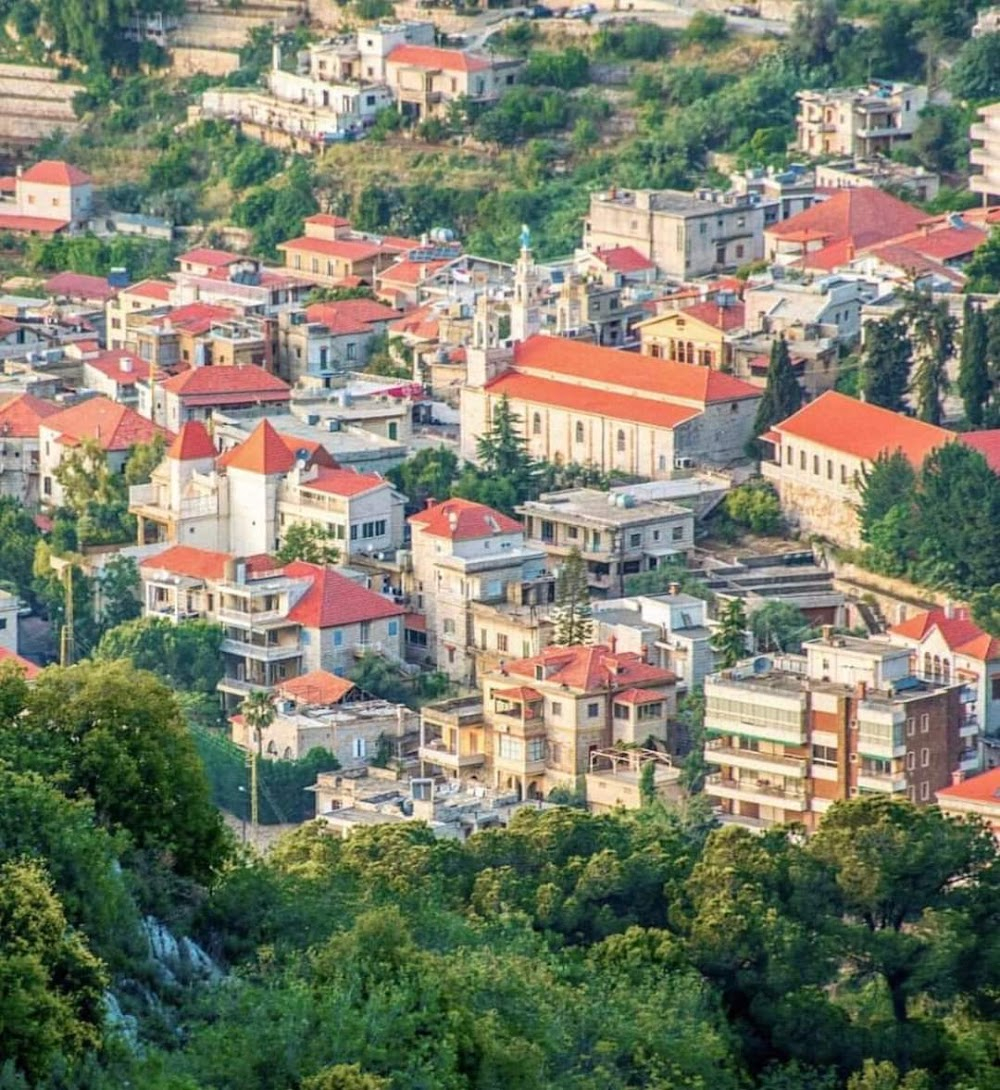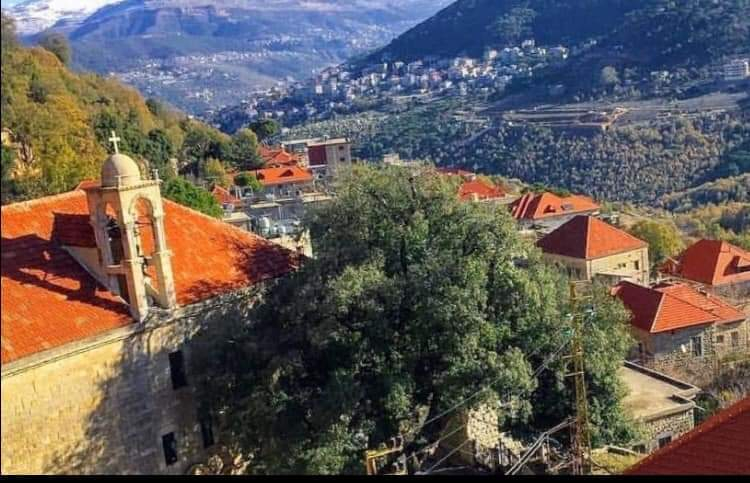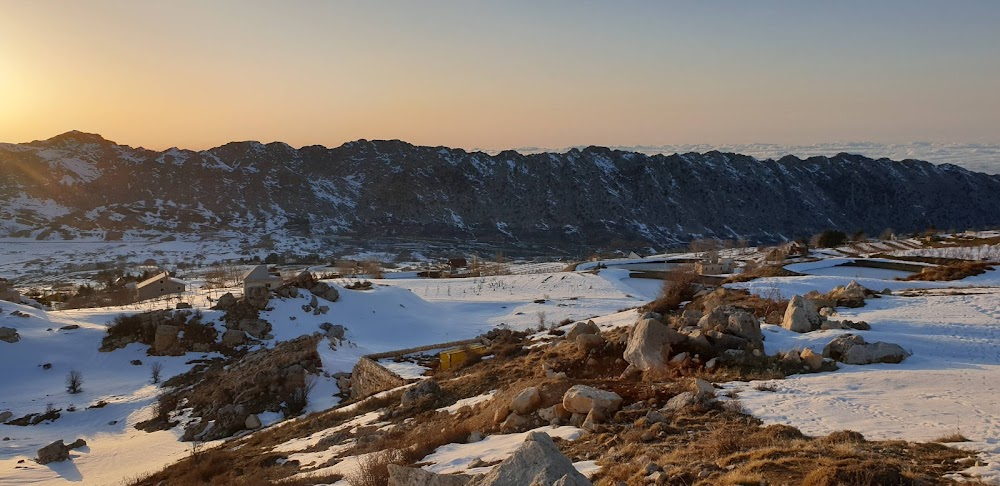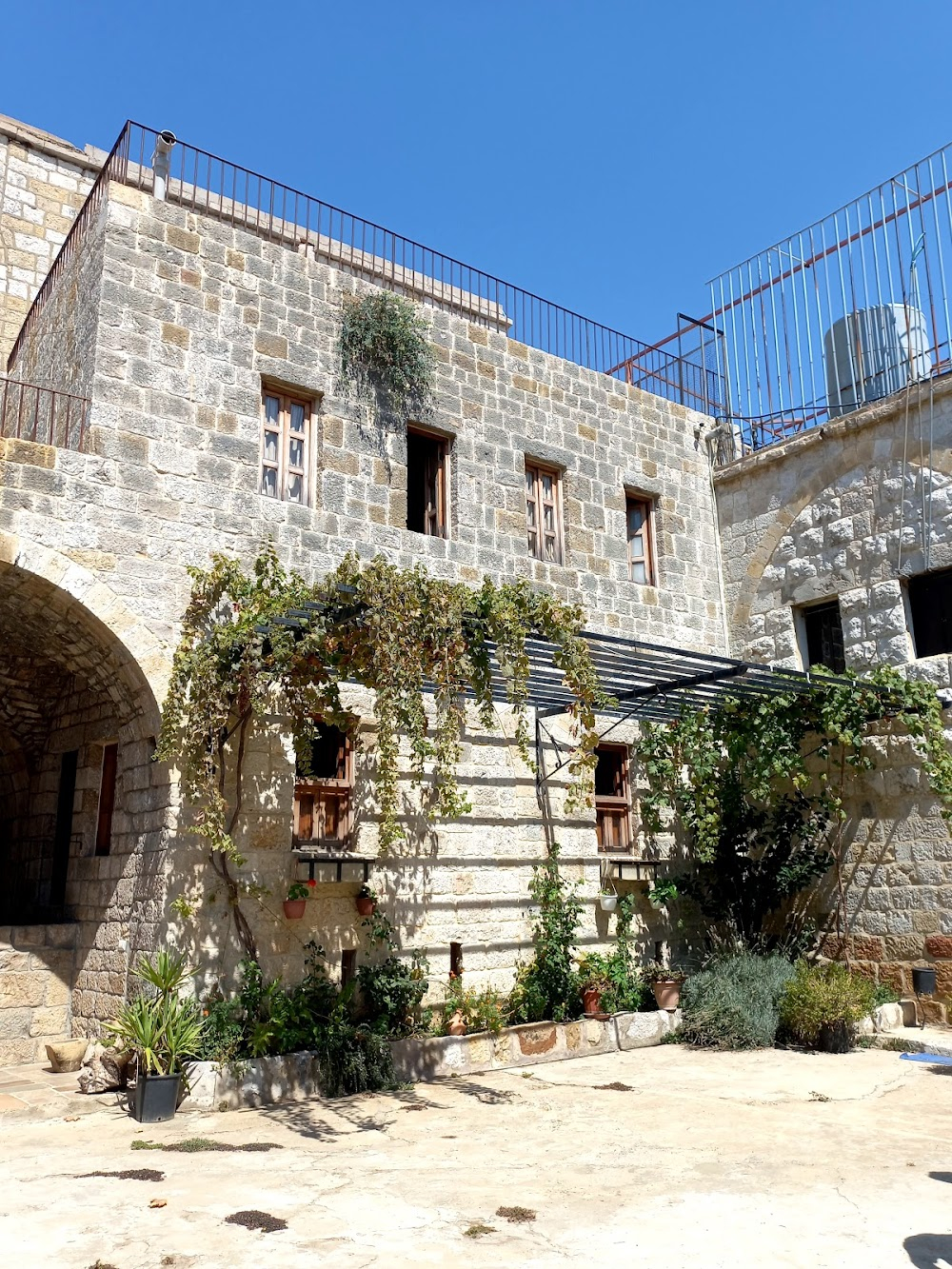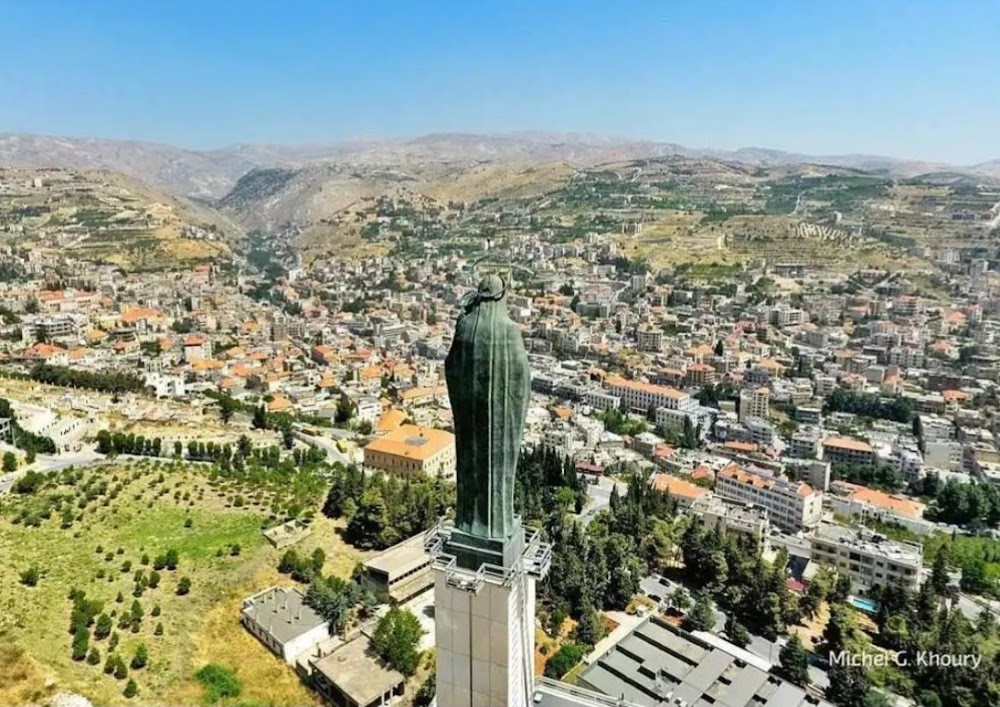Safar barlek Filming Locations

Where was Safar barlek filmed? Safar barlek was filmed in 10 locations across Lebanon in the following places:
Safar barlek Filming Locations
Baabda is the capital city of Baabda District and Mount Lebanon Governorate, in western Lebanon. Baabda was also the capital city of the autonomous Ottoman Mount Lebanon that existed from 1861 to 1918.
Beirut is the capital and largest city of Lebanon. As of 2014, Greater Beirut has a population of 2.5 million, which makes it the third-largest city in the Levant region and the thirteenth-largest in the Arab world. The city is situated on a peninsula at the midpoint of Lebanon's Mediterranean coast.
Beit Chabab is a mountain village 24 km north of Beirut in Lebanon. Beit Chabeb is the site of Lebanon's one and only bell foundry. The bells of Beit Chabab are sold to Christian communities in Lebanon and abroad to many foreign countries.
Byblos, also known as Jebeil, Jbeil or Jubayl, is an ancient city in the Keserwan-Jbeil Governorate of Lebanon. The area is believed to have been first settled between 8800 and 7000 BC and continuously inhabited since 5000 BC.
Dhour El Choueir, sometimes Dhour Shweir, is a mountain town in Lebanon located in the Matn District. It lies slightly north of the main Beirut - Damascus highway, overlooking the city of Beirut and the Mediterranean sea, some 30 km from Beirut and 42 km from Beirut International Airport in Khalde.
Douma is a village in Lebanon located 88 km from Beirut, 30 km from Byblos and 45 km from Tripoli. Douma is administratively part of Batroun District and is known for its location in a valley surrounded by mountains. It stands at an altitude of 1070 m. Almost all of its houses are covered in red tiles.
Laqlouq, also spelled Laklouk and also known as ′Arab Laqlouq is a small mountainous village in mountainous area in the Byblos District of Keserwan-Jbeil Governorate, Lebanon. It is located 69 kilometers northeast of Beirut.
Safar barlek (1966)
During the war in 1914, the Ottoman Empire forbade wheat to enter the lands of Lebanon in order to make the Lebanese people starve. In addition to that, the Ottoman Empire was taking men to work for free in forgotten places. From those men, Abdo; Adla's fiancé, who was taken also to work for free, in a place where persecution rules. Adla decides to look for her fiancé who hasn't returned to the village yet. But her decision has a cost that leads her to unpredictable situations.

